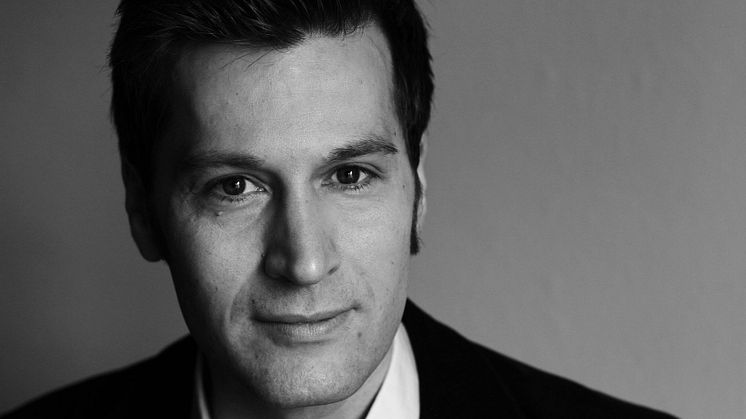Press release -
Lack of sleep makes your brain hungry
New research from Uppsala University, Sweden, shows that a specific brain region that contributes to a person’s appetite sensation is more activated in response to food images after one night of sleep loss than after one night of normal sleep. Poor sleep habits can therefore affect people’s risk of becoming overweight in the long run. The findings are published in The Journal of Clinical Endocrinology and Metabolism.
Researchers Christian Benedict and Helgi Schiöth, of the Department of Neuroscience at Uppsala University, showed in an earlier article, published in American Journal of Clinical Nutrition, that a single night of total sleep loss in young normal weight men curbed the energy expenditure the next morning. This research also showed that subjects had increased levels of hunger, which indicates that an acute lack of sleep may affect human’s food perception.
In a new study, Christian Benedict, together with Samantha Brooks, Helgi Schiöth and Elna-Marie Larsson from Uppsala University and researchers from other European universities, have now systematically examined which regions in the brain, involved in appetite sensation, are influenced by acute sleep loss. By means of magnetic imaging (fMRI) the researchers studied the brains of 12 normal-weight males while they viewed images of foods. The researchers compared the results after a night with normal sleep with those obtained after one night without sleep.
Christian Benedict explains:
“After a night of total sleep loss, these males showed a high level of activation in an area of the brain that is involved in a desire to eat. Bearing in mind that insufficient sleep is a growing problem in modern society, our results may explain why poor sleep habits can affect people’s risk to gain weight in the long run. It may therefore be important to sleep about eight hours every night to maintain a stable and healthy body weight.”
For more information, please contact Christian Benedict, researcher at the Department of Neuroscience, mobile: +46 (0)73-6145328, e-mail: Christian.Benedict@neuro.uu.se
or Cecilia Yates, information officer at the Department of Neuroscience, mobile: +46 (0)704-334801, e-mail: cecilia.yates@neuro.uu.se
Benedict C, Brooks S J, O’Daly O G, Almén M S, Morell A, Åberg K, Gingnell M, Schultes B, Hallschmid M, Broman J-E, Larsson E-M, and Schiöth H B. Acute sleep deprivation enhances the brain’s response to hedonic food stimuli: an fMRI study. Journal of Clinical Endocrinol Metab, in press.
Uppsala University -- quality, knowledge, and creativity since 1477
World-class research and outstanding education of global benefit to society, business, and culture.
Uppsala University is one of northern Europe's highest ranked academic institutions. www.uu.se

